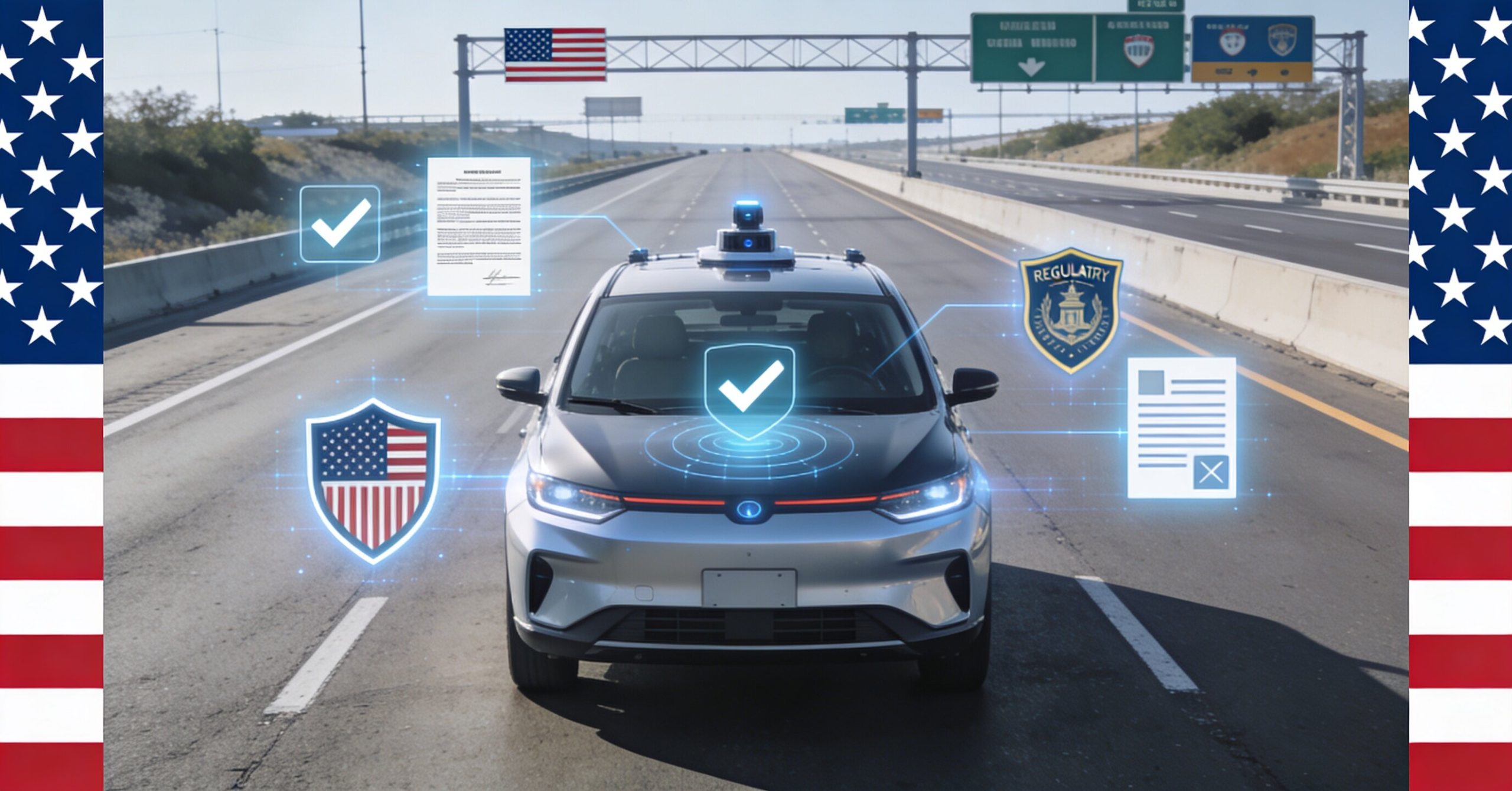The United States federal government has introduced a set of proposed rules and guidelines aimed at regulating self-driving vehicles. As of now, there are no specific federal regulations governing autonomous vehicles, leaving individual states to oversee their operation. The new proposal, led by the National Highway Traffic Safety Administration (NHTSA), seeks to establish a national framework to address this gap.
On December 20, 2024, the U.S. Department of Transportation’s NHTSA unveiled its plan for the ADS-equipped Vehicle Safety, Transparency, and Evaluation Program, known as AV STEP. This voluntary initiative is designed to create a consistent and transparent framework for evaluating and overseeing vehicles equipped with Automated Driving Systems (ADS). The program is open to companies operating or planning to operate ADS-equipped vehicles on public roads, including those requiring special exemptions to deploy non-compliant vehicles.
NHTSA Chief Counsel Adam Raviv emphasized the importance of AV STEP, stating that it offers a timely and critical national framework for advancing ADS technology. He highlighted that fostering safe, transparent, and responsible development is key to earning public trust and unlocking the technology’s full potential. Raviv encouraged public participation and feedback on the proposed program as it sets the groundwork for these objectives and aligns with NHTSA’s safety mission.
The program aims to enhance transparency in the operations of ADS-equipped vehicles and enable NHTSA to better understand and regulate this emerging technology. Data collection and analysis are central to the agency’s approach, and AV STEP would provide valuable insights into the development and performance of ADS technology. By collecting operational and development data, NHTSA hopes to ensure the safe integration of autonomous vehicles into the transportation system.
AV STEP aligns with the Department of Transportation’s National Roadway Safety Strategy, introduced in January 2022 by Transportation Secretary Pete Buttigieg. This strategy adopts a “safe system” approach to significantly reduce injuries and fatalities on America’s roads. AV STEP is expected to further these objectives by fostering responsible development and building public trust in ADS technology.
The program also proposes two new processes to streamline ADS-related exemptions. While these processes do not replace existing exemption mechanisms, they build on NHTSA’s experience to offer additional pathways for regulatory flexibility. These exemptions are designed to optimize the administration of ADS vehicles, ensuring safety while allowing for innovation in the field.
A key component of AV STEP is its reliance on independent third-party assessors to inform NHTSA’s evaluation of applications. This approach is intended to provide impartial assessments and bolster the credibility of the program. Furthermore, the framework would facilitate broader collaboration among vehicle manufacturers, operators, policymakers, municipalities, and researchers, enabling accelerated learning and public awareness of ADS technology.
Through AV STEP, NHTSA aims to create a foundation for the responsible development of self-driving vehicles. By fostering transparency and collaboration, the program seeks to address safety concerns and establish public confidence in ADS technology. As the development of autonomous vehicles progresses, NHTSA’s proposed framework represents a significant step toward ensuring that these advancements benefit all road users while prioritizing safety and accountability.







